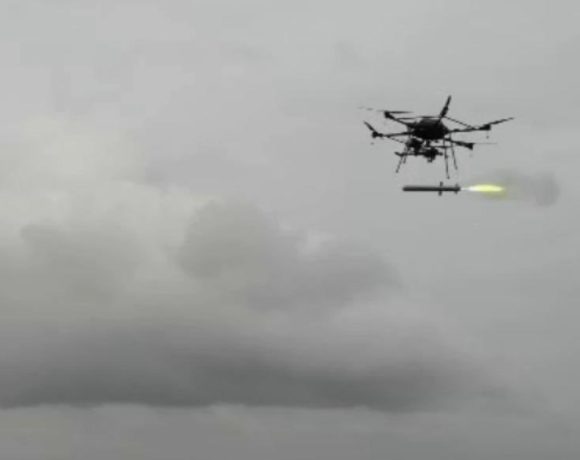
U.S. Commission Warns of China’s Biotech Militarization
In a stark warning to policymakers, the U.S. National Security Commission on Emerging Biotechnology has revealed that China is rapidly advancing in military biotechnology and may soon leverage genetic engineering and artificial intelligence to create AI-powered “super soldiers.” The commission argues that these developments pose a direct threat to global security and could redefine the nature of future warfare.
According to the commission, China’s strategy of merging civilian research and military development is enabling it to scale breakthroughs in synthetic biology, gene editing, and neurotechnology for battlefield applications. This includes biologically enhanced human performance, real-time biometric warfare capabilities, and battlefield-ready bio-manufacturing solutions. These capabilities, once theoretical, are now inching closer to operational reality.
U.S. Urged to Invest and Strategize in Response
To counter the growing gap, the commission has called on the U.S. government to treat biotechnology as a distinct and critical domain of national security—alongside land, sea, air, space, and cyber. It recommends a minimum of $15 billion in federal investment over the next five years to build robust infrastructure, accelerate innovation, and establish global leadership in biotech.
Senator Todd Young, who chairs the commission, stressed the urgency of the moment, warning that failure to act could allow adversaries to “set the rules” of the next era of military dominance. He highlighted the possibility of biomanufacturing everything from food to ammunition on the battlefield, eliminating supply chain vulnerabilities.
Strategic Risks and Ethical Challenges
The commission’s report also underlines the moral and ethical concerns surrounding the use of genetically modified soldiers and the blurred lines between defense and human experimentation. While such capabilities may offer battlefield superiority, they raise serious questions about compliance with international humanitarian norms.
To ensure a responsible and strategic approach, the commission has proposed the creation of a National Biotechnology Coordination Office within the White House. This body would coordinate biotech policy, promote safe development, and engage allied nations to create global norms and frameworks to manage the risks.
The report comes at a time when the geopolitical race for technological supremacy is intensifying, with biotech seen as the next great frontier of power. As China aggressively pursues dominance in this field, the U.S. now faces a critical window to respond with urgency and vision—or risk being outpaced in one of the most transformative arenas of modern warfare.


















